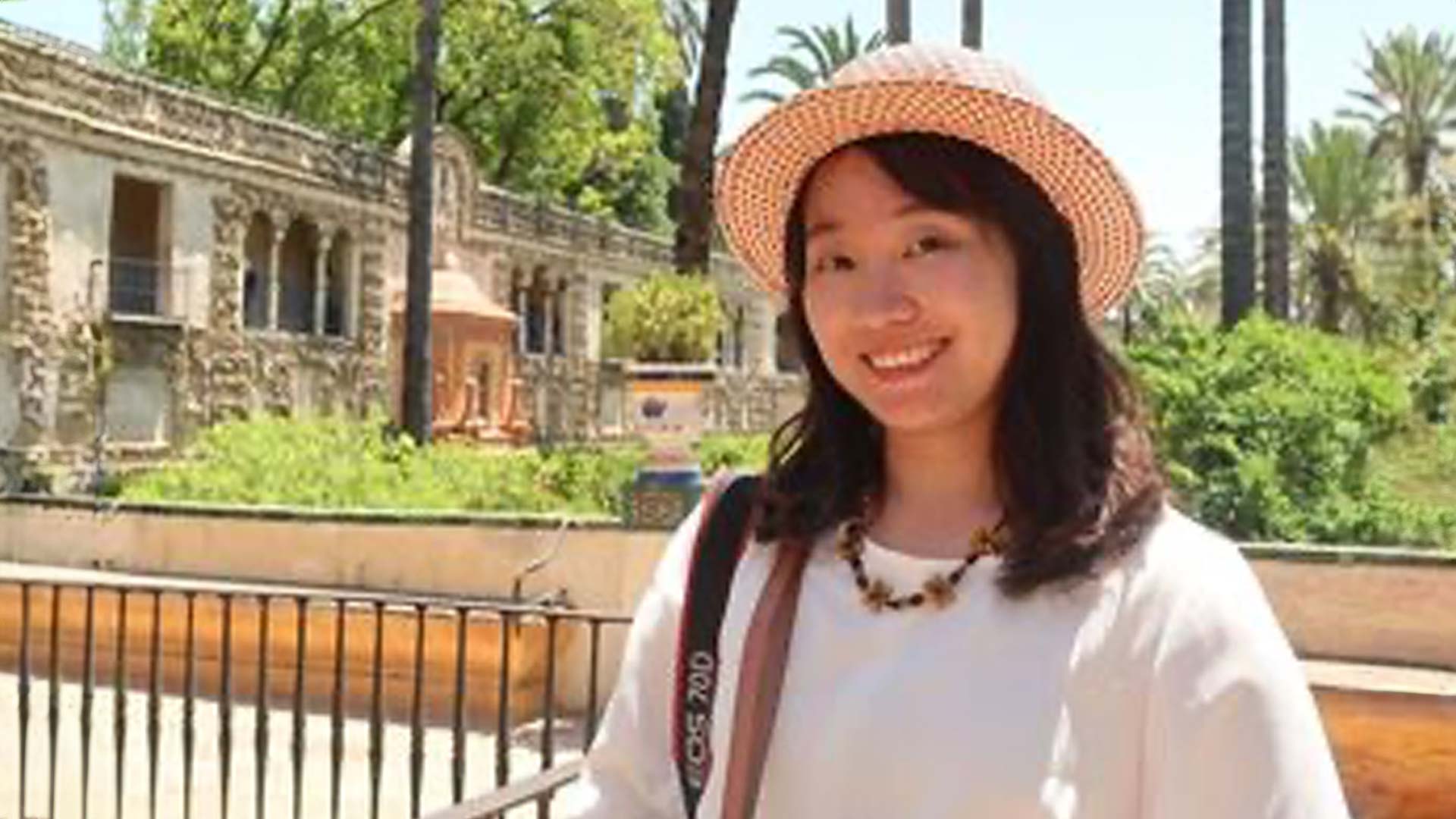Tell us about your background.
I come from Xi’an, China. As a teenager, I studied a lot, but I didn’t plan to become a scientist. I actually enjoyed English classes the most, as I really liked western pop culture like music and movies. I also enjoyed learning other languages like Japanese. I thought I would have ended up studying languages, but things turned out quite differently. I didn’t have female scientist role models, but I have female role models. Michelle Obama is one.
I ended up studying mathematics and finance as an undergraduate, and did my master’s in statistics at Imperial College London. The transition was quite challenging at the beginning because I wasn’t used to coding, nor was I familiar with this field. Little by little I learned both. I try to enjoy what I do, and try to do it well, and then things tend to work out naturally.
I enjoy activities like cooking (especially spicy Sichuan food) and coding because with both I can see the outcome immediately. If something goes wrong in the cooking, I can taste it, and think of ways to fix it. If there is a bug in your code then it doesn’t run. Trial and error is a key to learning in both cases.
What got you interested in data science?
I learned about data science after I finished my master’s degree. I chose my project because I liked the objective: to utilize Electronic Health Record data to improve the well being of patients and the management of medical care providers. Statistics and computer science are tools to achieve this objective. I also enjoy learning something new every day, and data science can definitely provide this.
How did you learn about Women in Data Science (WiDS)?
I first discovered WiDS at a meetup, since I like attending meetups such as R ladies, useR and other data science related groups. I might have spotted WiDS on Twitter before or after the meetup, but I definitely followed WiDS after the workshop.
My experience on April 4 at the WiDS workshop in Oslo was fantastic. I know some of the attendees from work, and also made new contacts. I attended the workshop of reinforcement learning “In a nutshell” led by Ning Zhou from Microsoft. There were six talks by female speakers from both academia and industry. I was amazed by the fact that all speakers were so good at presenting. This was very inspiring because I also want to make good talks.
How have you been involved with WiDS?
I have been involved with WiDS since the conference through Twitter and my blog. I started using Twitter for work and it makes it so much easier to communicate with others in the data science community. Actually it was the hashtag #WiDStory that made me want to write about my experience at the workshop.
How has WiDS made an impact on your life and career?
WiDS has impacted me in two ways. First I’m learning about new technologies. I was introduced to the concepts of edge computing and federated learning, which are among the newest things in the tech industry. Other speakers talked about the workflow and project management in data science, which is potentially useful also for academics.
The other kind of impact is about gender. At my work, PhD students and postdoc researchers are mostly males. It’s not because we do not want to recruit females, but because no female candidates are applying. It’s encouraging to hear such engaging talks presented by female speakers at the WiDS events. We have not only men, but also women in this field, and good ones!
What’s next for you?
I am focusing on finishing my PhD. I did one project about selecting important risk factors that could lead to unwanted clinical events such as high infection rates at a certain timepoint. I am also working on utilizing messy EHR time series to make classifications. Machine learning is a powerful tool to make sense of EHRs due to the heterogeneity, multi-modality, missingness of the data. Using machine learning can help clinicians and researchers with task automation, diagnosis, and cost reduction.
After that I want to continue working on public health-related projects such as surveillance and disease outbreak modeling. This is something I’ve never done but would like to learn more about. I hope to continue to support the cause of WiDS, and maybe become a speaker for the next event!


